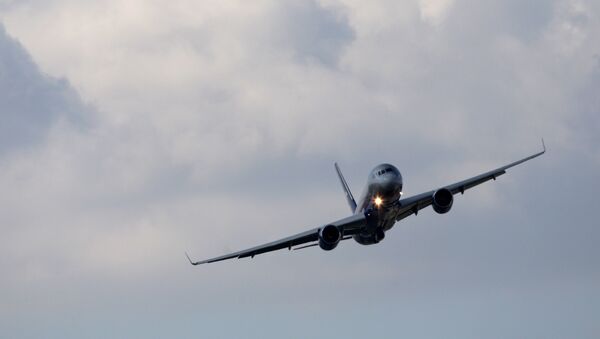“Partially, since re-targeting a satellite with a corresponding change in orbit is a much more complicated and expensive task than directing an open-air plane, and most importantly, a plane, unlike a satellite, allows you to 'look under the clouds.' It will be more difficult for those European states that do not have satellites. Perhaps they should hardly count on a generous stream of satellite imagery from the United States. At the same time, it would hardly make sense for Washington to hope that, if released, it would retain access to all information received within the framework of Open Skies Treaty," the ministry said.
The ministry went on to say that the US State Department is not talking about Washington's own compliance issues with the Open Skies Treaty.
"Unfortunately, the report of the State Department [on treaty compliance], as usual, glosses over the problem with the Open Skies Treaty compliance on part of the US itself", the ministry noted.
Moscow still has questions for some other states that are party to the Open Skies Treaty, but it doesn't believe that it is a reason to slam the door and leave, the ministry added.
"We are ready to discuss mutual issues, obviously, with the understanding that the discussion will be held on equal footing and with respect and will not end up being ultimatum demands for concessions from Russia", the Foreign Ministry underlined.
The ministry concluded that ensuring the common security in Europe will become more costly if the Open Skies Treaty breaks up and expressed hope that it could be avoided.
"It would be hard to make up for this important channel for professional communication amid the deficit of the European platforms for dialogue on the military security. Less openness means less trust, and, therefore, less security. And ensuring it will require other methods, more costly ones", the ministry said.
On Thursday, President Donald Trump announced that the US would withdraw from the treaty, accusing Russia of breaching the agreement - a claim Russia has denied. The Russian Foreign Ministry stated that Moscow is open to dialogue but only if it is based on equality and mutual respect, which the US "is not ready for".
Signed in 1992, the Open Skies Treaty took effect in 2002. The deal stipulates implementing a programme of unarmed aerial surveillance flights over the entire territory of the 34 states that are members of the accord.


